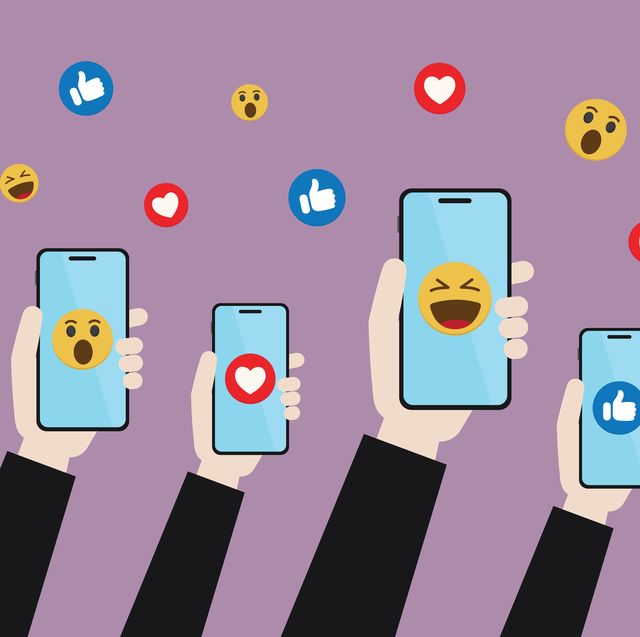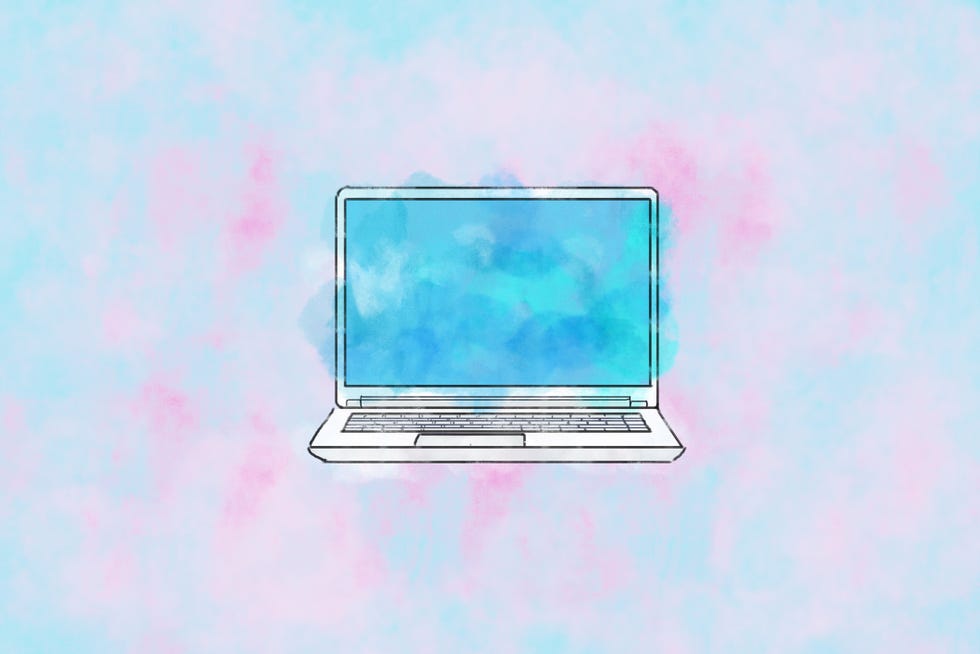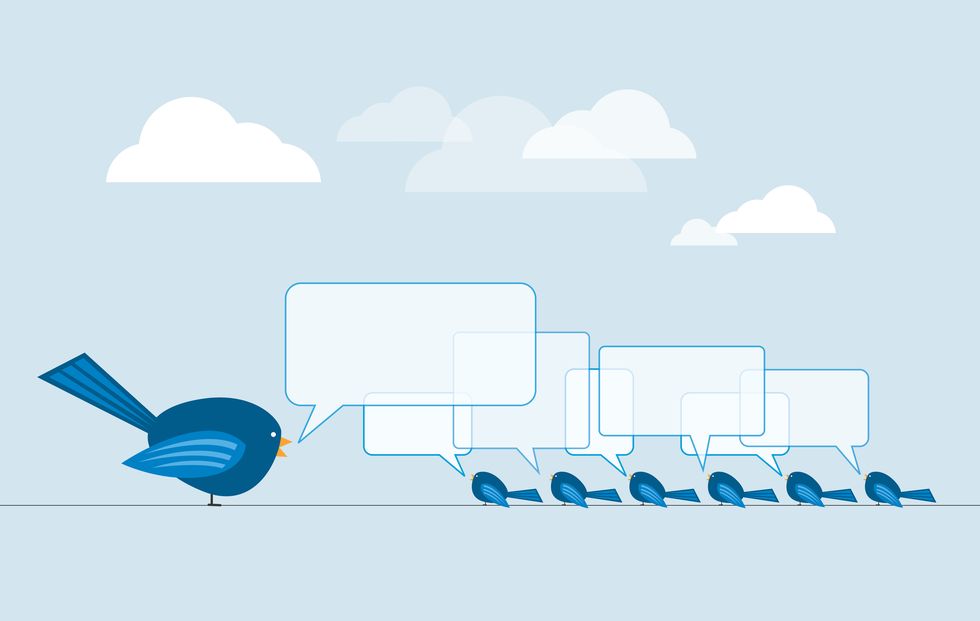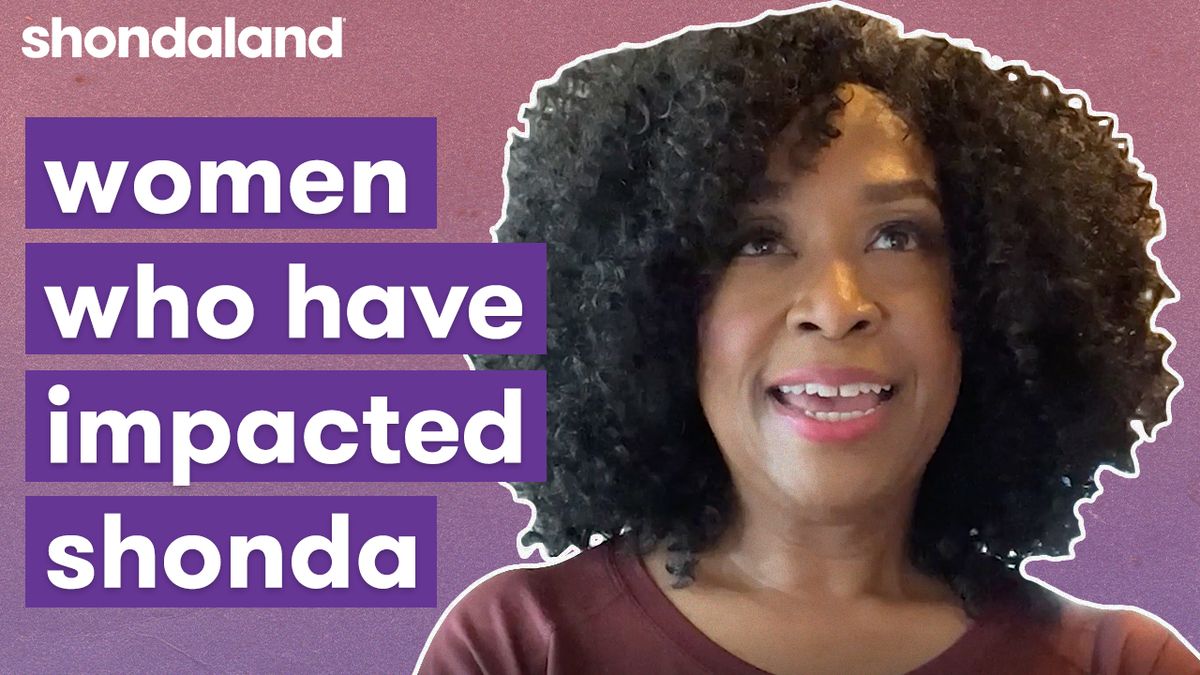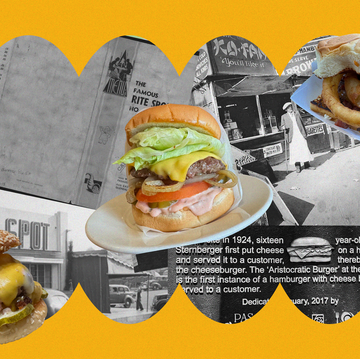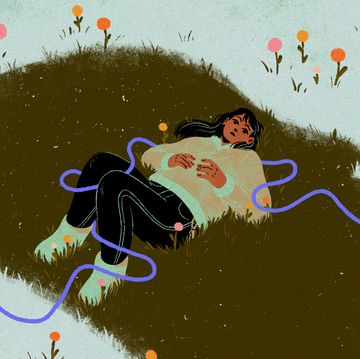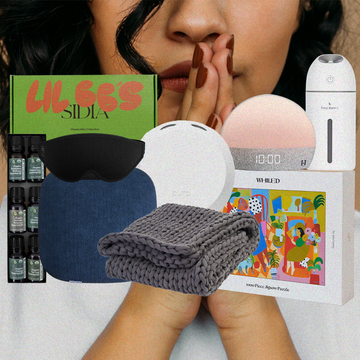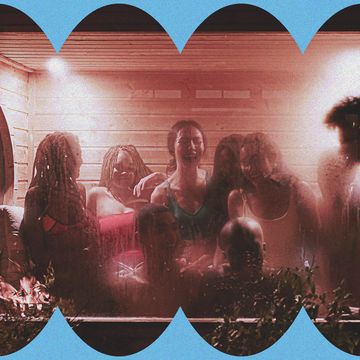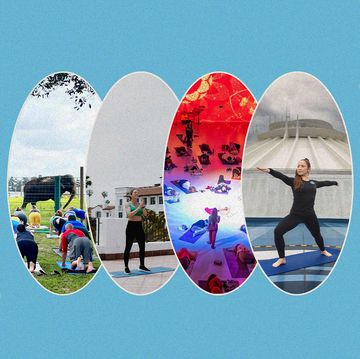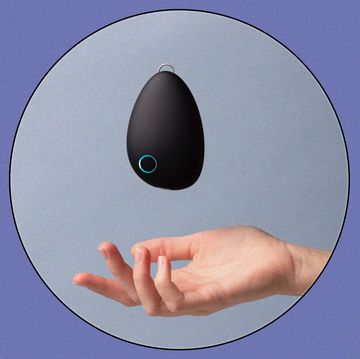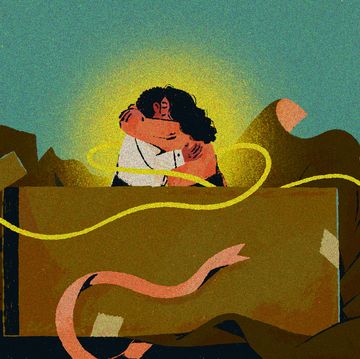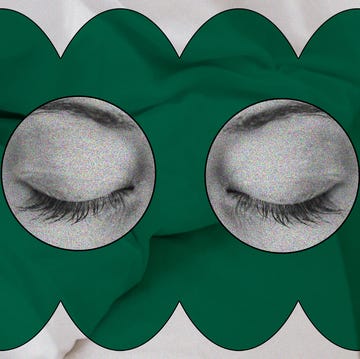Social-distancing mandates and quarantines during a global pandemic have made us more dependent on social media than ever before. Sure, it’s been great to pull up Facebook and connect with a friend or keep up with family members via their Instagram feeds, but there has also been a dark side to all of this social-media usage. Many of us, says Jessica Abo, author of Unfiltered: How to Be as Happy as You Look on Social Media, are finding ourselves in increasingly unhealthy relationships with our multitude of social-media accounts.
Social-media usage has been linked to depression, anxiety, and sleep disruption. It also is driving wedges between families and friends over differing political views, keeping us glued to our phones all day long, and causing some to develop self-esteem issues from comparing their lives to other people’s virtual ones.
“We’re wired to care about what other people are doing,” explains Abo. “It’s what psychologists call the social-comparison theory, so it’s actually in our DNA.” This, she says, has been going on since the beginning of time. But, when you add social media into the mix, there’s no escaping what other people are doing. “Now we’re not just comparing ourselves to our family members, friends, or exes; we’re comparing ourselves to a huge network of people and even strangers.” Abo explains that the pool of people that we see when we grab our phones has expanded so much that, wherever we go, we are being forced to look at the best version of someone and the perfectly curated and manicured photos that they’re choosing to share. “As this goes on, it sparks something in us to be like those people,” she says. “So we end up posting more, trying to accomplish the things that we see the people around us doing, or we sit in our little bubble and say, ‘Well, why isn’t that me? That’s so not fair.’” And this cycle can easily repeat over and over again.
You’re probably not ready to permanently swear off your social platforms cold turkey — as we’re so often advised to do — but the good news is that with a few small tweaks, you can easily be on your way to having a healthier digital life. Here’s how.
Clean up your platforms
Social-media director Nikki Cagle spends a lot of time online. And this past year, she says, was particularly tough in terms of her relationship with her platforms. “There was no escaping tough conversations and opinions on social media, and the competition in content creation turned fierce,” she explains. “You’d log on, forget why you even went there, get into an endless scroll of heartbreaking stories or awesome content that you assumed you’d never live up to, and then you’d leave — completely forgetting the point of getting on in the first place,” she says. Many times Cagle says she’d feel emptier after signing off from her social platforms instead of more fulfilled.
To mitigate this, she cleaned house, which is something she recommends to others as well.
“I crafted a social-media feed that fed me instead of draining me. I hid or unfollowed toxic accounts, and even accounts of close friends and family. You wouldn’t normally digest heavy topics with them on the daily, so why subject yourself to it on social media?” she says.
Cagle also started what she calls a practice of “post and dip” — “I’d log on, post what I needed to post, and then dip out. No scrolling, no obsessing and comparing, no exposure to what could ruin my day.” She’d jump back in later to see how the post was doing and engage with the genuine comments on her post — not the generic ones. “I decided that 2021 would be the year of genuine over generic,” adds Cagle. “I’d rather have 100 genuine followers than 100K generic ones.”
Set boundaries
When it comes to social media, boundaries are important. Social-media strategist Bianca Rosen has found a few things that work for her.
Every night at 9 p.m., she stops checking her platforms
“To get into the habit of this, I use this method: Have a piece of paper next to you, and every time you have an urge to check your social media, and don’t, put down a sticker or give yourself a star. This will give you the quick hit of dopamine you were craving,” she says.
One day a week, she refrains from checking her socials until at least two hours after she wakes up
“Over time, try to extend that as much as you can to three, four, five hours, etc.,” says Rosen. “You’ll see how much you improve!”
Practice leaving your phone at home when you go for a walk or in the car while at the grocery store
“See what it’s like, and observe how you feel,” Rosen suggests. “This will give you insight into how you use social media while decreasing your usage.”
Realize you will never get to the bottom of the scroll
Tiffany Shlain, author of 24/6: The Power of Unplugging One Day a Week, reminds us that no matter how long you endlessly scroll, there will always be more. “So set time frames for how long you’ll allow yourself online.”
Know your intent
Licensed clinical psychologist Dr. Markesha Miller says that in any relationship it’s important to have an understanding of your intent. Your relationship with social media is no different. Start by asking yourself, “What do you want from social media?” Some people, she says, utilize it for business and networking; some for staying connected to friends and family; some to maintain a sense of engagement with the community. “Whatever your intent is, you need to be clear on what purpose it plays for you,” says Miller. Providing this clarity for yourself will help you to place boundaries into what you allow yourself to be pulled into.
Flood your feed with positivity
“We tend to go online and fall into the compare-and-despair trap,” says Abo. “We get consumed with what other people are doing, buying, eating, etc.” But instead of taking that information and using it to judge your abilities and lifestyle, try spending that time following people who can make your life better — whether it’s someone who posts recipes, book recommendations, business advice, or ways you can be a better human, parent, boss, etc. “There is a ton of content out there that can help you live your best life online and off,” says Abo. Body-positive blogger Camila Reed plays a game where every time she sees something negative posted, she purposely seeks out two positive people or pages to follow. “After doing this a few times, you end up with a beautifully curated and positive experience more often than not,” she says.
Train the algorithm to surface more healthy content
“When a user doomscrolls through Facebook, engages in a flame war in the comments section, reacts to a contentious post, and even starts typing a post and deletes it before hitting ‘post,’ algorithms are adjusting what types of content will be surfaced next,” explains digital-brand marketer Dave Shaw. There is no way to tell an AI-powered application what you like and don’t like, so he explains that you’ll have to inform it by being very purposeful with your interactive behaviors.
“Over a two-month period, I was able to train Facebook to rarely show me political content,” says Shaw. “As soon as a political piece appeared on my feed, I would either hide the post, unfriend the user, or immediately close down the app.” He notes that social-media algorithms do everything in their power to keep you engaged with the social platform, so disengaging with the app altogether is a very powerful behavioral indicator that will begin to factor into content delivery.
Play nice with people with different opinions
Platforms like Twitter have given everyone a way to unleash their every thought — and many of these comments may rub you the wrong way. But just because you have a different political affiliation or thought process than someone doesn’t mean you can’t be virtual pals. Experts note that it’s helpful to follow people with different views but add that you should try your best to stay away from engaging in aggressive debates over shared memes or posts. If you see something that bothers you, pause and take a deep breath before responding. This can help you lose the urge to launch into an unproductive comment battle.
Know the difference between Instagram and real life
Sonya Schwartz, founder of Her Norm, stresses that there is no such thing as a perfect life. “People on social media choose the things they post, so they only post the good side to make people see that they have a perfect life,” she says. You may see someone bragging about a vacation, but that same person could also be in the middle of an impending divorce. Or a friend who posts adorable pictures with her new baby may be chugging extra caffeine and using online filters to make herself resemble the picture-perfect mom in lieu of her truly exhausted self. “Comparing yourself to others is useless because you don’t know the story behind every post,” says Schwartz.
Realize that you are the curator of your brain
“Everyone you follow on all social media is shaping your thoughts and feelings. Be a good curator,” says Shlain. She reminds us that you can unfollow or mute people you want to stay friends with but don’t want to follow closely — “They will never know, and suddenly your feeds will fill your cup, inspire you, make you think, make you laugh, and make you feel better instead of worse.” Shlain has a tightly curated feed on Instagram and Facebook but also recommends having one channel where you can get out of your bubble and hear from other perspectives. For her, this is Twitter.
Don’t forget to make meaningful connections offline
“Most people log on to social media when they’re bored or they’re seeking a sense of belonging,” says Abo. “I don’t think social media is the enemy; I think loneliness is.” So, the next time you find a recipe you want to try, a book you want to read, or a TED Talk that resonates with you, pick up the phone, and call a friend. Maybe that person will want to cook the recipe over Zoom with you. Maybe they will buy the book, and you can chat about it. Abo explains that scrolling online for hours can make us feel like we’re connected to the world while also making us feel like we’re alone on an island. “Make your social media work for you by logging on with a purpose,” she suggests.
Nicole is a freelance writer published in The New York Times, AARP, Woman’s Day, Parade, Men’s Journal, Wired, Emmy Magazine, and more. Keep up with her adventures on Twitter at @nicolepajer.
Get Shondaland directly in your inbox: SUBSCRIBE TODAY
